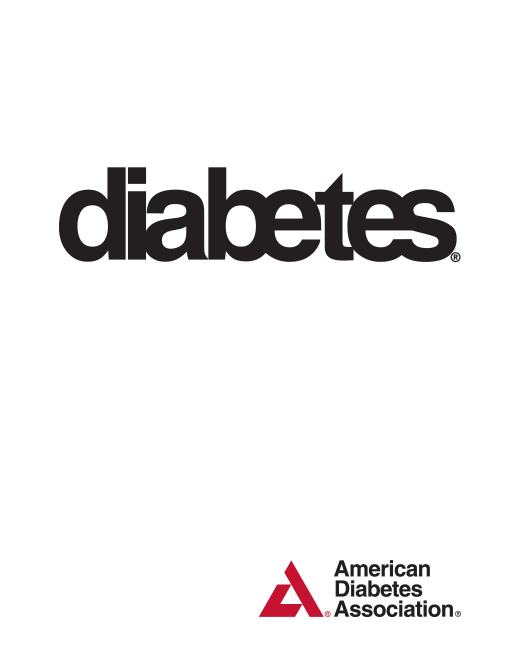Hi againIt says that they used c-peptide.
They actually used an existing method to determine insulin secretion.
Here's a paper detailing its use:

Effect of Acute Hyperglycemia on Insulin Secretion in Humans
First-phase insulin response to intravenous glucose is impaired both in type 2 diabetic patients and in subjects at risk for the disease. Hyperglycemia candiabetesjournals.org
I'm guessing the professors went radio silence because they don't suffer fools gladly.
Just reading through your paper...
These tests were carried out on 13 non diabetic subjects
" Thirteen nondiabetic subjects with wide-ranging BMIs were studied" so not only nothing to do with DiRECT but also nothing to do with people with diabetes.
I'm not sure what the relevance is here.. am I missing something?


